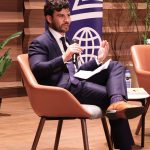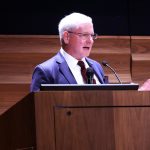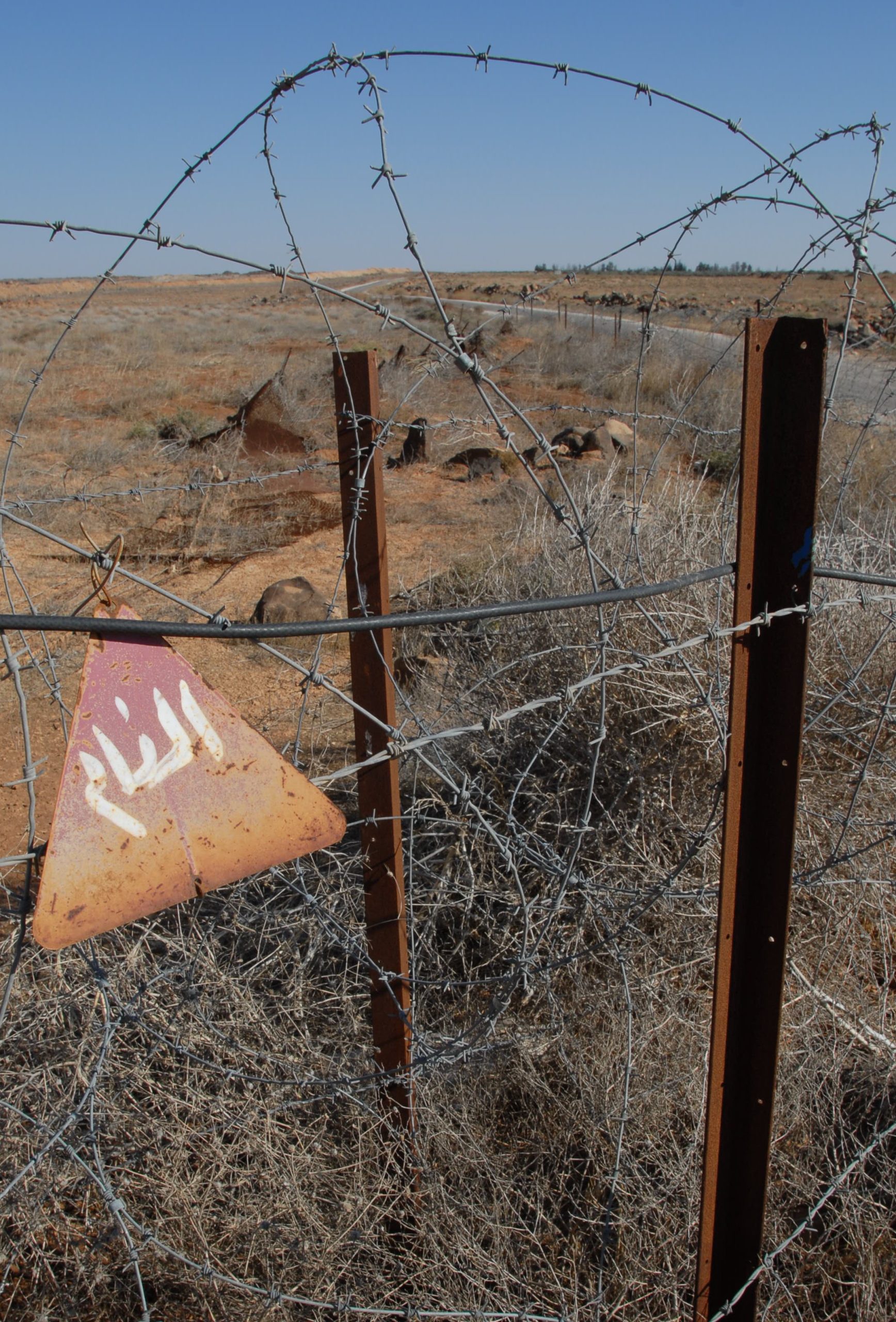
EOD techs leverage expertise at Johns Hopkins University cluster munitions forum
WASHINGTON – U.S. Army Explosive Ordnance Disposal technicians participated in a forum conducted by one of the nation’s premier engineering schools to learn better ways to confront and defeat cluster munitions during large-scale combat operations. Read more
| 2:00 – 2:30 |
Registration Open – Coffee Reception
|
| 2:30 – 2:35 |
Welcome and Opening Remarks (Hoover, Pallas Advisors)
|
| 2:35 – 3:05 |
Technical Overview of Cluster Munitions (Evans)
|
| 3:05 – 3:30 |
Cluster Munitions Used as Ammunition for UAVs (Cardash, Terrogence Global)
|
| 3:30 – 4:30 |
Cluster Munitions Panel (Manner, JHU Moderator; Rutherford, JMU; Koulabdara, LoW; Yousif, Stimson)
|
| 4:30 – 4:45 | Ukraine Update (Howard, Bomb Techs Without Borders) |
| 4:45 | Closing Remarks (Hoover, Pallas Advisors) |
Randy Manner, Major General, United States Army (Ret) served our nation in a variety of positions in the Pentagon and around the world including as the Deputy Commanding General of the United States 3rdArmy in Kuwait, as the Acting Vice Chief of the National Guard Bureau, and as the Acting and Deputy Director of the Defense Threat Reduction Agency. He earned a Bachelor of Science degree in Computer Science from the Pennsylvania State University, a Master of Business Administration degree in Decision Sciences from the Wharton School at the University of Pennsylvania, and post -graduate Certificates in International Security Policy from the Fletcher School of International Law and Diplomacy at Tufts University and Leadership Coaching from Georgetown University. MG Manner facilitated the withdrawal of US forces from Iraq, helped neutralize chemical weapons in Russia, oversaw investments in biological prophylactic research on deadly pathogens, to include Ebola, and helped coordinate military emergency response support to States during natural disasters.


Roland Evans, Roly Evans is a PHD candidate at Cranfield University in the Department of Defence and Security. His research examines the problems of mine action operations and how these might be better addressed. Roly started his military career in the infantry in 1997 before transferring to the Royal Engineers. Specialising in Conventional Weapons Disposal, he left the army in 2007 in order to take part in cluster munition remnant clearance in South Lebanon. His subsequent work has taken him to a range of countries including Iraq, Afghanistan, Albania, the Democratic Republic of Congo, Gaza, and Sri Lanka. He also spent time in Lao PDR working on cluster munition survey and clearance. His research in Lao PDR concentrated on the average size of a cluster strike footprint from a CBU 24/29 and how this can help operational planning. In 2015 he joined GICHD where he drafted the survey element of the Guide to Cluster Munitions as well as leading the teams that developed the EOD Test and Evaluation protocols detailing the competencies required for International Mine Action Standards EOD levels.
Michael Cardash, former Deputy Head of the Israeli National Police Bomb Disposal Division served 27 years as a senior bomb technician. During those years he participated in numerous missions defeating IED’s and other counter terrorist operations. He commanded bomb disposal units within the border guards and Israeli police during intense terrorist conflicts gaining experience investigating and responding to the variety of terror attacks and suicide bombing incidents. During his career Michael instructed law enforcement personnel and bomb technicians from around the world. As head of the Israeli Police Bomb Disposal School he taught and guiding bomb technicians, assisted in founding counter terror security procedures, and shared his experience with counter terror operatives around the world. Michael currently authors the Terrogence Möbius C-IED reports analyzing and assessing global IED-related technical and tactical intelligence. He also provides advice, guidance and assistance for law enforcement, EOD and counter terror units in understanding and responding to the IED threat.
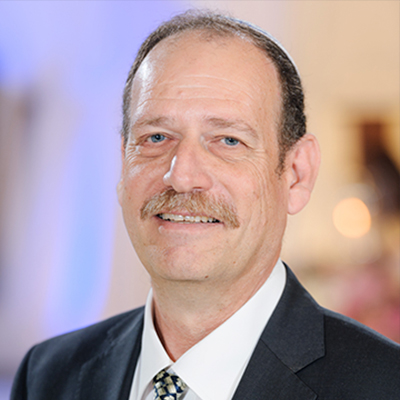
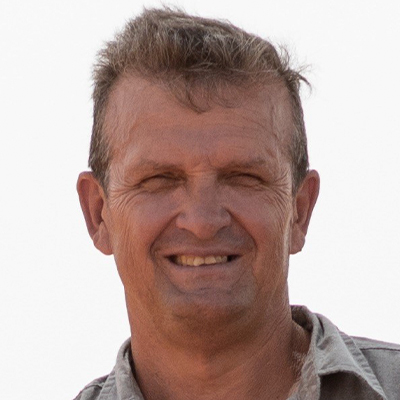
Ken Rutherford, Professor of political science at James Madison University, teaches International Law and Post-Conflict Stability Operations. Dr. Rutherford is author of three books, co-editor of two books, and published extensively with more than forty articles in numerous academic and policy journals. For more than twenty years Rutherford has been recognized as a global leader in international efforts to combat the effects of landmines and explosive remnants of war, ten of those years as Director of JMU’s Center for International Stabilization and Recovery. Ken shares in the honor of winning the Nobel Peace Prize in 1997 as co-founder of Landmine Survivors Network and as an advocate for survivors. In 2006, he participated at the UN in New York City for the adoption for the Convention on the Rights of Persons with Disabilities, and in 2008 played a key role in Dublin in the drafting of the Convention on Cluster Munitions that forever banned that category of weapons. In 2013, he was included among the “one hundred most influential people in armed violence reduction” by the London-based organization Action on Armed Violence. He holds a Ph.D. in Government from Georgetown University, and B.A. and MBA degrees from the University of Colorado where he lettered in football and was inducted into its Hall for Distinguished alumni. Ken and his wife Kim have five children, and live in Harrisonburg, Virginia.
Sera Koulabdara, CEO Legacies of War, fled bomb contamination in Laos at the age of 6 and now leads the only international U.S.-based advocacy and educational organization working to address the impacts of the American Secret War in Laos and conflict in neighboring countries, including the removal of unexploded ordnance and victims assistance. Ms. Koulabdara was the first Lao-American to participate in the 20th Meeting of States Parties to the Mine Ban Convention. By unanimous vote, Sera was elected to serve as the Chair of the U.S. Campaign to Ban Landmines and Cluster Munitions Coalition starting in 2023. Sera is the first BIPOC, millennial, and person with lived experience in an impacted country to take on this leadership role. Under Sera’s leadership Legacies of War received the inaugural Humanitarian Award of 2022 given by the Lao PDR for its successful advocacy efforts in securing funds for bomb removal and victims assistance.

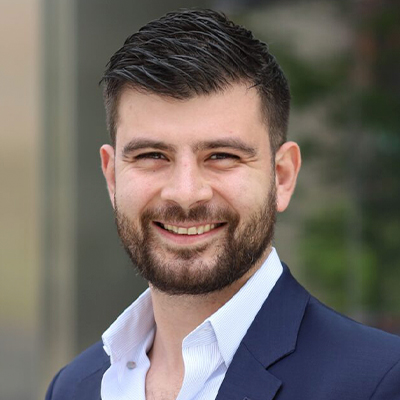
Elias Yousif, Research Analyst, the Stimson Center’s Conventional Defense Program focuses on the global arms trade and arms control, issues related to remote warfare and use of force, and international security cooperation and child soldiers prevention. Prior to joining the Stimson Center, Elias was the Deputy Director of the Security Assistance Monitor at the Center for International Policy where he analyzed the impact of U.S. arms transfer and security assistance programs on international security, U.S. foreign policy, and global human rights practices. Elias was previously a Campaigns and Research Officer with Crisis Action in Beirut, Lebanon, where he worked on advocacy and policy proposals to improve civilian protection, humanitarian access, and conflict resolution in Syria, Yemen, and South Sudan. He also worked with Crisis Action in Washington, D.C. as a Campaigns and Advocacy Associate, where he advised on U.S. policy related to civilian harm in the Middle East and Sub-Saharan Africa. Elias received his BA from American University.




